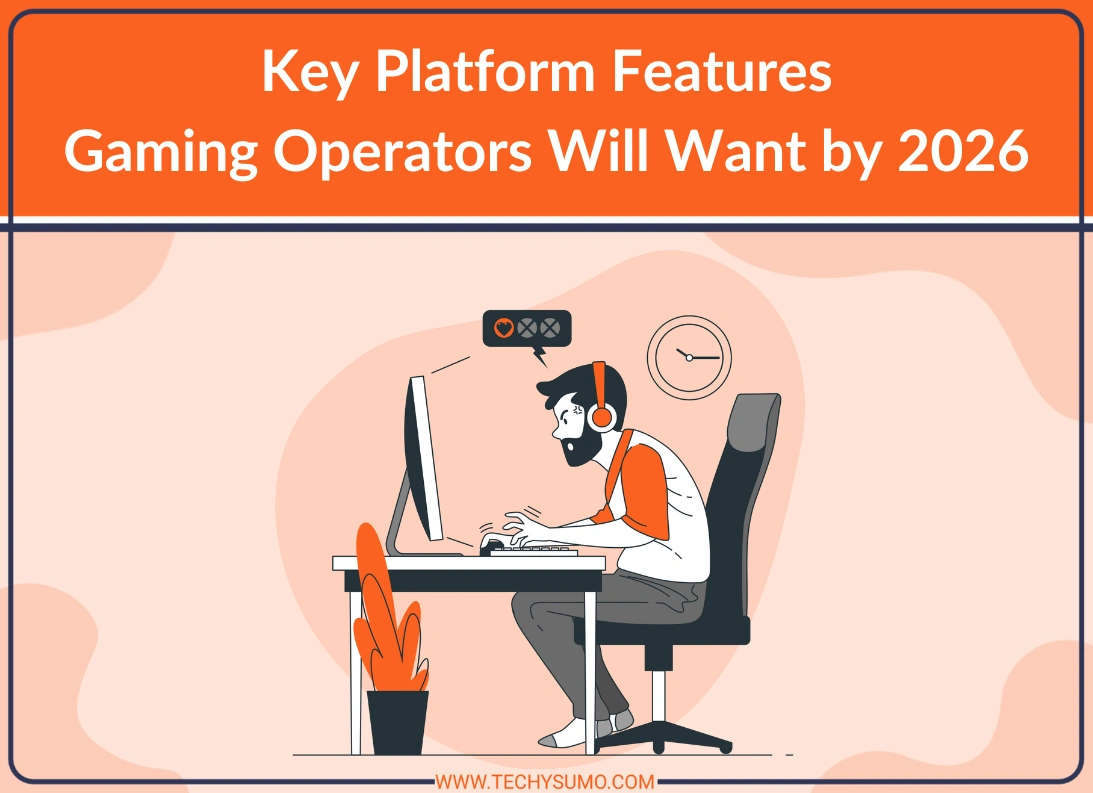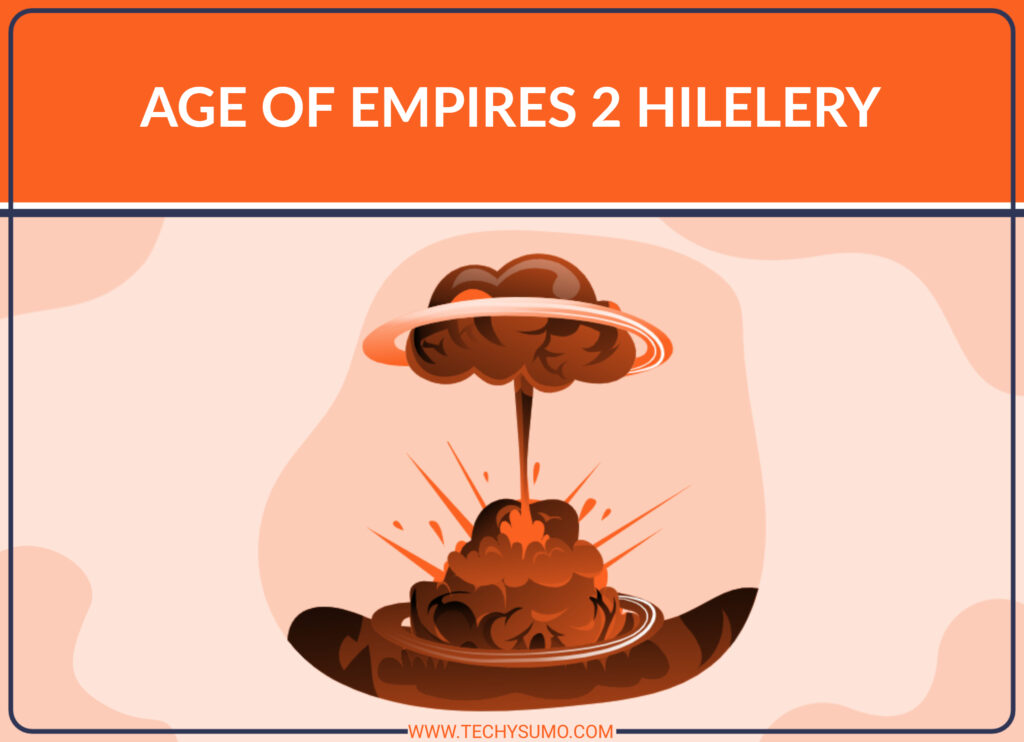As we are now past the midway point of 2025, the demands being placed on gaming platforms are becoming more detailed and ambitious. Operators are no longer content with just basic functionality. They now expect platforms to be adaptable, secure, and able to support the wide variety of content that players expect and enjoy. With growing pressure to manage costs while also offering engaging entertainment, the systems behind online casinos need to deliver features that can help businesses to stay resilient and player-focused. Here’s a look at key features that will be needed by 2026.
Table of Contents
Unified Content Access
One of the most obvious trends for operators is the desire to simplify how they access and manage content. When there’s a need to form multiple partnerships with different studios, there’s an impact on the time it takes a platform to launch, and there are also added technical hurdles. That’s why many are focusing on the role of casino games aggregators, as this allows them to integrate once and gain immediate access to titles from a wide network of providers. With a reduction in the number of direct connections, operators can improve efficiency, speed up time to market, and spend less time troubleshooting complex integrations.
Smarter Tools for Game Selection
Choice in content comes with its pros and cons. While variety will attract players, managing hundreds, or even thousands, of titles requires smarter organisation. Operators are in need of tools that can help them assess which games perform well with their audience, as well as highlight those that are underperforming. Understanding how to choose a game content aggregator is important here, as the right partner shouldn’t just be providing a library of games. It also needs to offer detailed insights into performance, player behaviour, and regional preferences. These analytics mean that platforms are able to focus on the titles that truly resonate, rather than overwhelming players with an unstructured list.
Reliable Technical Performance
The platform feature that matters the most has to be stability. Players will refuse to stick around when there are freezing tables, slow loading times, or disrupted payment flows. That means that operators demand systems that deliver consistently reliable performance, even at times of peak activity. Caching methods, server redundancy, and advanced monitoring can all help to achieve this. By 2026, platforms that can’t offer 24/7 performance guarantees will struggle to hold onto operator interest.
Another area that really matters here is latency. With live dealer games and multiplayer formats depending on real-time connections, even small delays can impact the levels of immersion. This is why integration frameworks need to prioritise speed while also ensuring compatibility with different devices and connection strengths.
Also Read
Security and Regulatory Support

Regulation and oversight continue to tighten in the industry. That means that platforms need to provide operators with the tools they need to ensure compliance. Built-in modules that support age verification, anti-money laundering checks, and responsible gambling tools are no longer optional. They are now seen as core parts of the platform offering.
At the same time, advanced security features, such as end-to-end encryption, automated fraud detection, and real-time risk assessment, will play key roles in protecting both operators and their players. Platforms that can provide these elements within a single framework reduce the burden on operators, who otherwise would need to seek additional third-party solutions.
Partnerships That Add Value
Beyond technical features, operators are also evaluating partnerships behind the platforms they adopt. What makes an aggregator or platform stand out are the likes of strong customer support, transparent documentation, and proactive updates. The likes of Hub88 highlight just how much value the right partner can bring, with access offered to top-tier games with a focus on simplifying delivery. Operators are not just buying technology: they are investing in ongoing collaboration that helps their business to remain adaptable.
Preparing for Future Innovation
While the features discussed are already priorities, operators are also aware of the pace of innovation. Platforms that make it easier to add experimental formats, such as interactive streaming or augmented reality elements, will attract attention. The ability to test new mechanics without significant development overheads allows operators to stay flexible, even as player expectations develop.
To be future-proof, there’s no need to predict every possible trend that there will ever be. It means that there’s a need to build with modularity and adaptability in mind. Operators will be drawn to platforms that allow them to experiment without financial or technical risk.
Final Thoughts
As expectations grow, operators will continue to value platforms that treat technical foundations and player experience as equally vital. Those who prioritise these kinds of features will find that they are in a strong position to adapt and thrive as the industry continues to develop in the years ahead.






